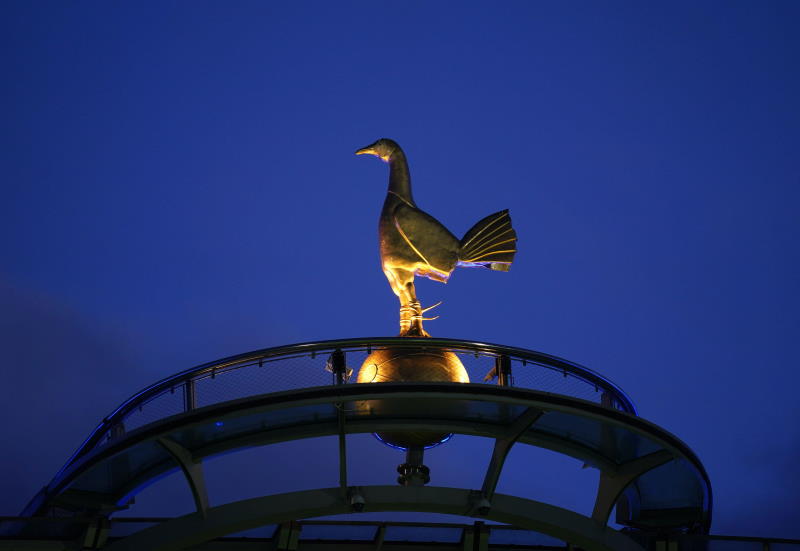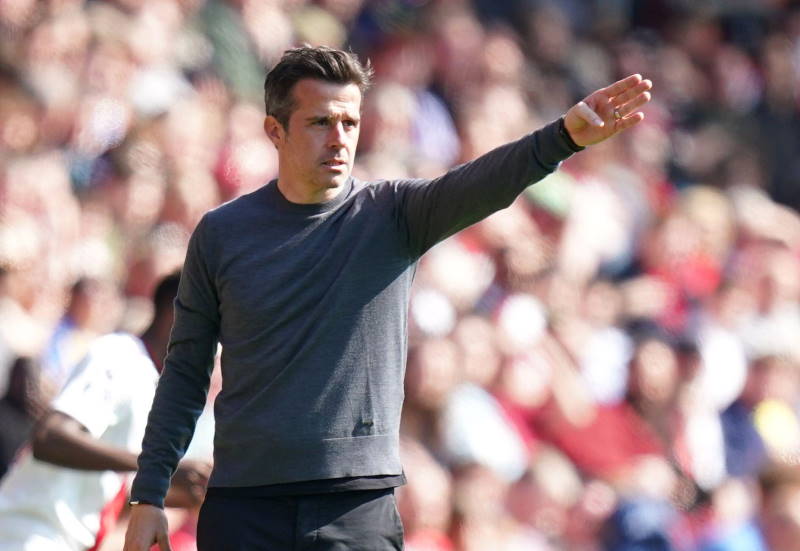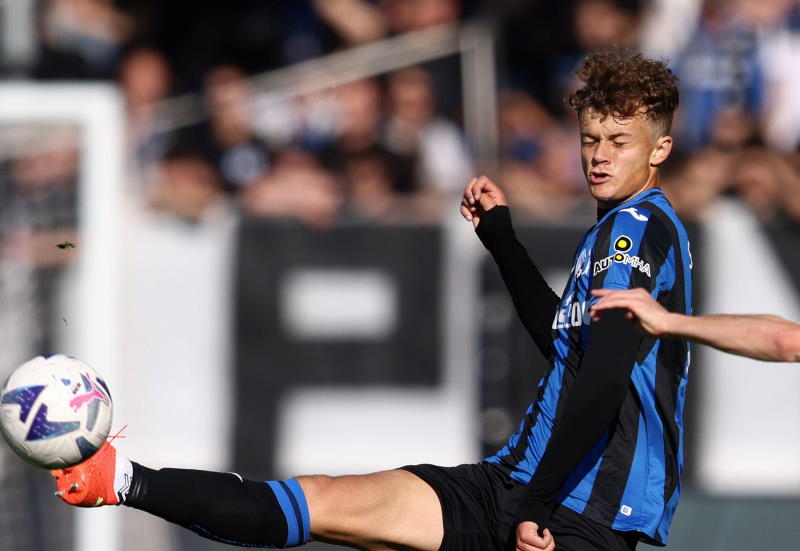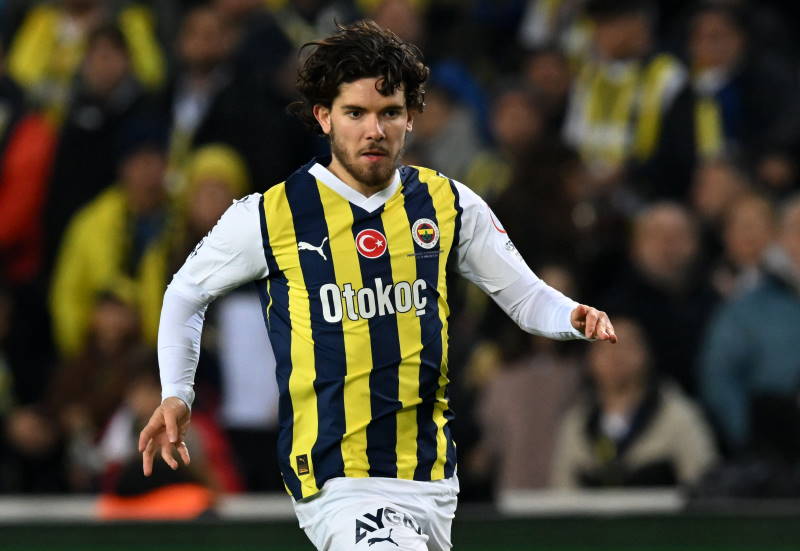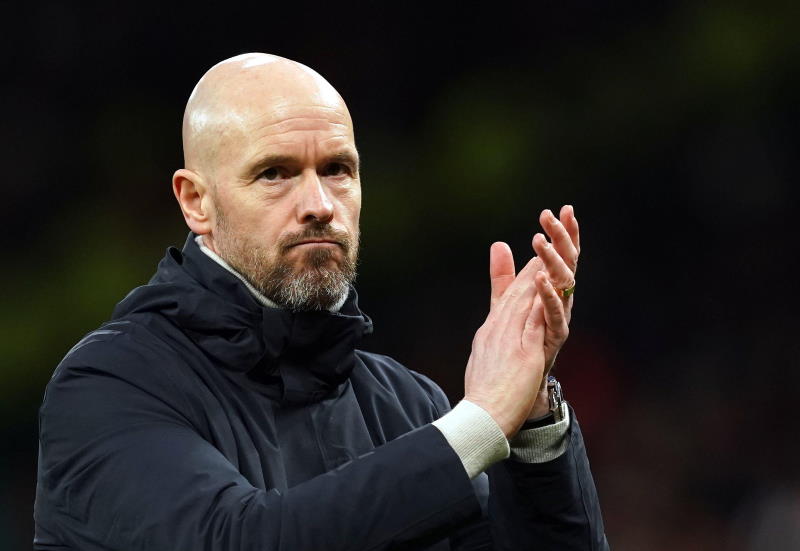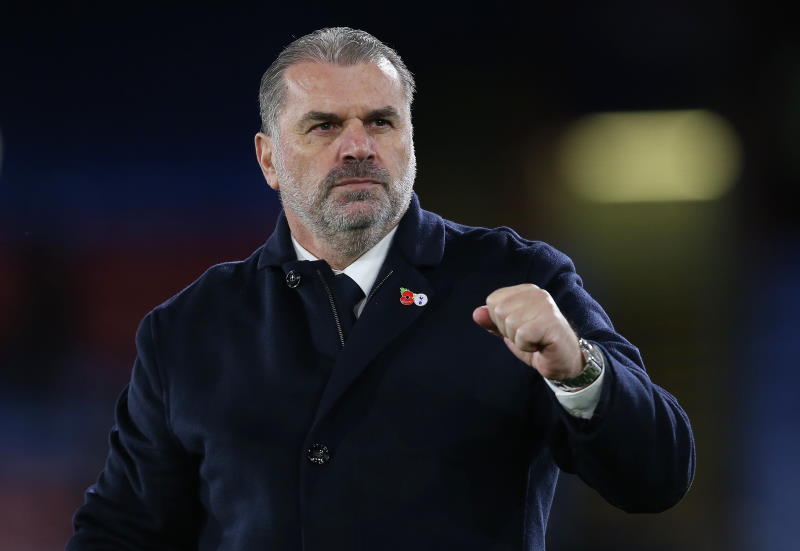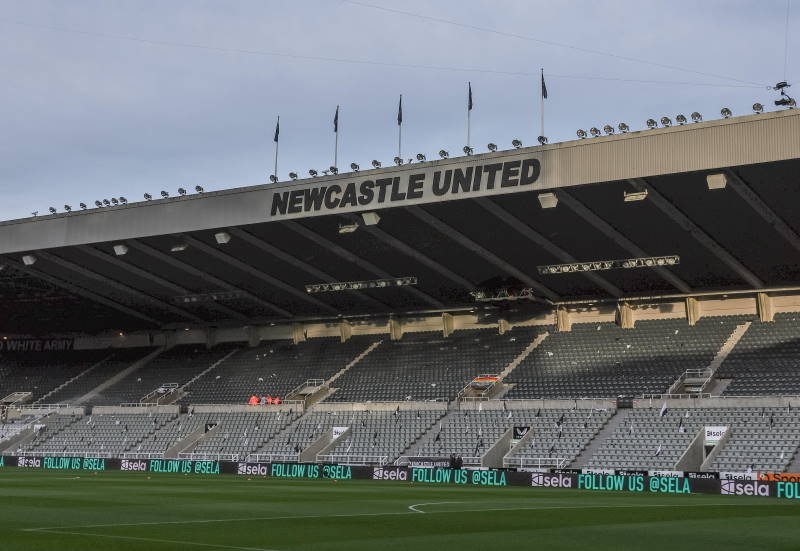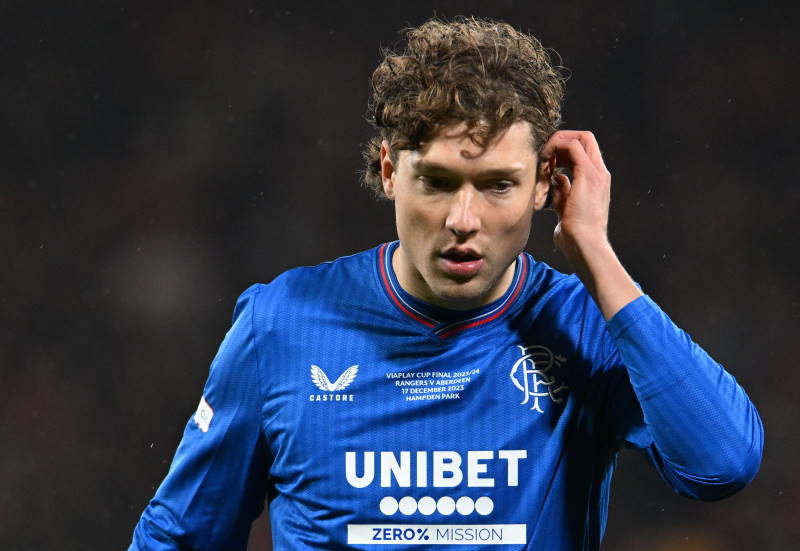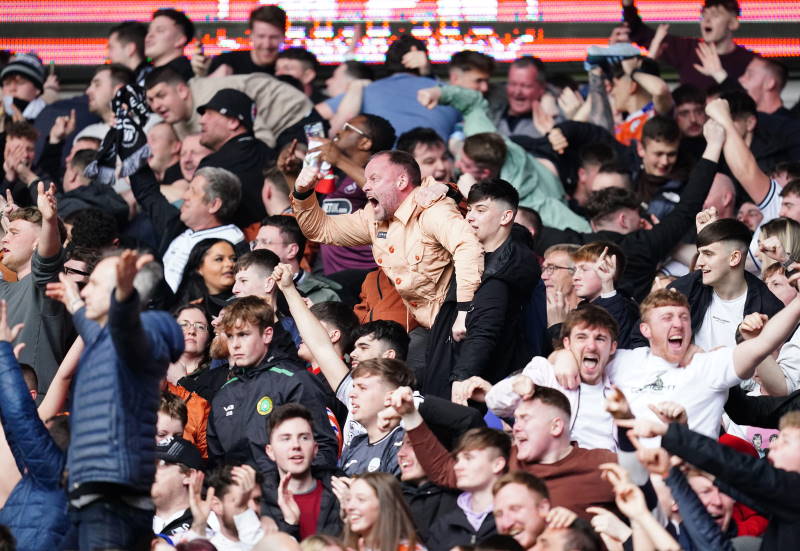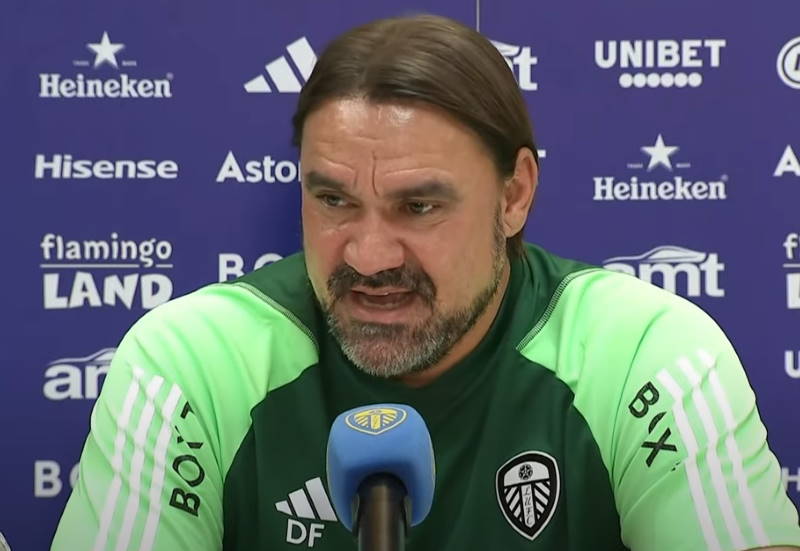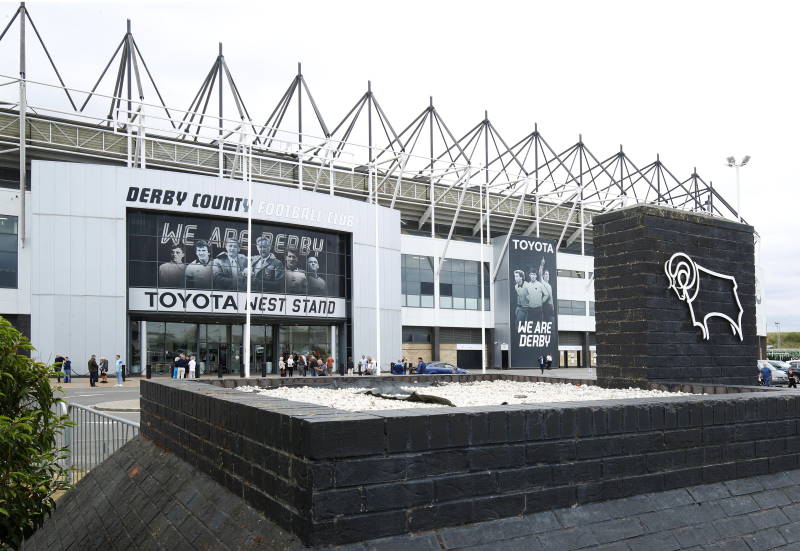
G. Longden
Liverpool fans are approaching the new season with hope in their hearts, but little else, as the regime of new manager Brendan Rodgers attempts to fill the void left by the departed Court of King Kenny Dalglish. Is it the change of direction the club needs? Or just another instalment in the decline into mediocrity which has lapped at the Shankly Gates for some years now? The close season has seen the arrival of a new wave of Premier League managers and Rodgers will have to do very well to prove that he was amongst the better appointments.
The most surprising aspect of Dalglish’s departure has been the lack of a popular revolt amongst the Reds faithful. There have been no protests or internet campaigns, just acceptance. A balanced view of The Second Coming is that the healing and unifying impact Dalglish had exceeded expectations, but that the limitations of a man who had been out of the front line for a decade were cruelly exposed.
Rodgers’ first challenge is to deal with a squad that Dalglish added to at vast expense, but regressed in the Premier League. England striker Andy Carroll is the symbol of that era; the manner of his £35M purchase mirrored that of a drunken sailor on shore leave. Dalglish endured the hangover, but Rodgers now has to deal with the sober reality – six league goals in 42 appearances.
A curious psychological conflict engulfs the Carroll issue. The 23-year-old is a big target man, deadly around the six-yard box from crosses and accomplished at running on to through balls pumped forward. Yet Dalglish refused to play to those strengths. That style of play is unlikely to produce a top four Premier League finish – and thus the fans ask, why did Dalglish buy Carroll? Equally, if a team do play to his strengths, he will score goals and consolidate an upper mid-table finish, but that is where Liverpool are likely to end up without him. The pass and move possession game which Rodgers espouses is unlikely to favour Carroll, hence his apparent availability; yet that style alone will not be enough to crack the top four. It is Dalglish’s toxic legacy.
The club’s American owners, Fenway Sports Group (FSG), continue to talk the talk, but not walk the walk. Famously they committed to under-promise and over-deliver. So far they have over-delivered on their commitment to under-promise, and under-undelivered on their commitment to over-deliver. The Americans promised a world class CEO – Liverpool ended up with the resident commercial director – previous experience: Huddersfield Town. FSG lauded the importance of a director of football, then sacked their own man in the shape of Damien Comolli after just 18 months, declining to replace him because a manager with 12 months’ Premier League experience in Rodgers refused to work with one. With the likes of former English Football Association chief Brian Barwick, ex-Chelsea and Manchester United CEO Peter Kenyon and former Arsenal stalwart David Dein all available for the chief executive position, and Louis van Gaal, Johan Cruyff and Fabio Capello for the latter, FSG had options.
A decision on a new stadium also remains in limbo. The official position is that the club prefers to redevelop Anfield, but does not own the land on which to do so, though would consider a new stadium if a naming rights deal facilitated it. Meanwhile, Liverpool have applied for planning permission to erect a hospitality tent behind the Anfield Road End on derelict land. Disgraced previous owners George Gillett and Tom Hicks famously promised a spade in the ground in 60 days; FSG have promised a tent peg. It is not quite the marquee signing that the Kop had envisaged.
Curiously, the man at the centre of Liverpool’s recent problems has survived. Managing Director Ian Ayre fiddled whilst the Luis Suarez racism scandal burned all around him last season. He agreed to the transfers and signed the cheques for Dalglish’s ill-fated adventures in the market, yet remains in post, after director of football Comolli and the manager paid for the folly with their jobs.
However, the law of unintended consequences means that all may not be lost. The arrival of Italian starlet Fabio Borini at £11M appears cheap compared to Carroll’s £35M fee and the pressure will be off. Equally the return from loan of Joe Cole from Lille and Alberto Aquilani from AC Milan, gives Rodgers skilful options which Dalglish chose not to utilise. By common agreement the squad underperformed last year, playing out the worst home league campaign for half a century, and it should not be difficult for Rodgers to improve upon that. And so, although the former Swansea City manager’s track record is painfully slight, with a fortunate wind he may well find that events work out in his favour, for the short term at least.
Beyond that there are no shortcuts for Liverpool Football Club. It will take more than the odd signing to come off to better the squads of Manchester United, Manchester City, Arsenal and Chelsea (and probably Tottenham Hotspur too). The enhanced Premier League TV deal benefits competitors equally; only the money that a new stadium can generate will close the financial gap, and only the end of next season will prove who out of Rodgers, Paul Lambert at Aston Villa, Steve Clarke at West Bromwich Albion, Andre Villas-Boas at Tottenham and Roberto Martinez, still in charge at Wigan, come good out of the 2012 summer hopefuls.


